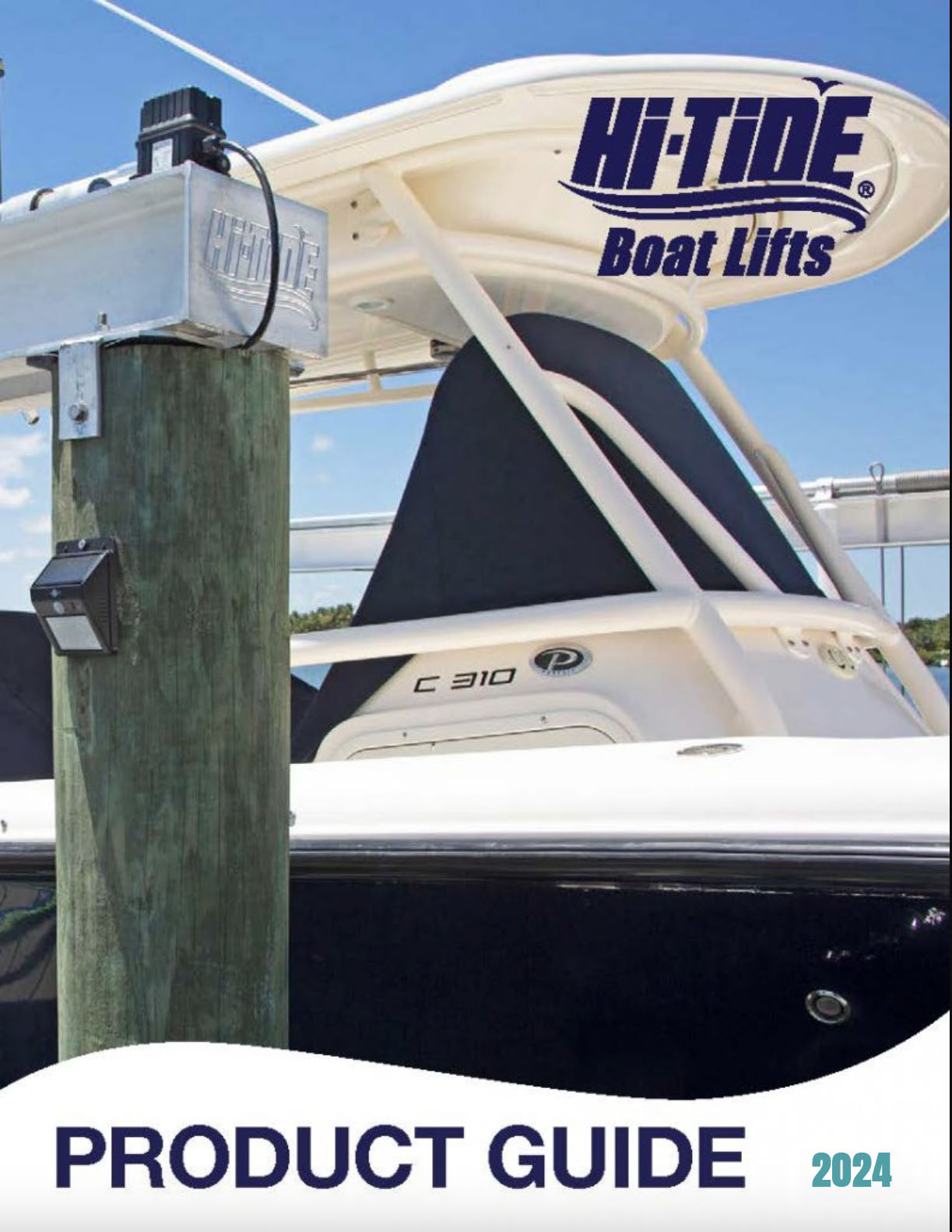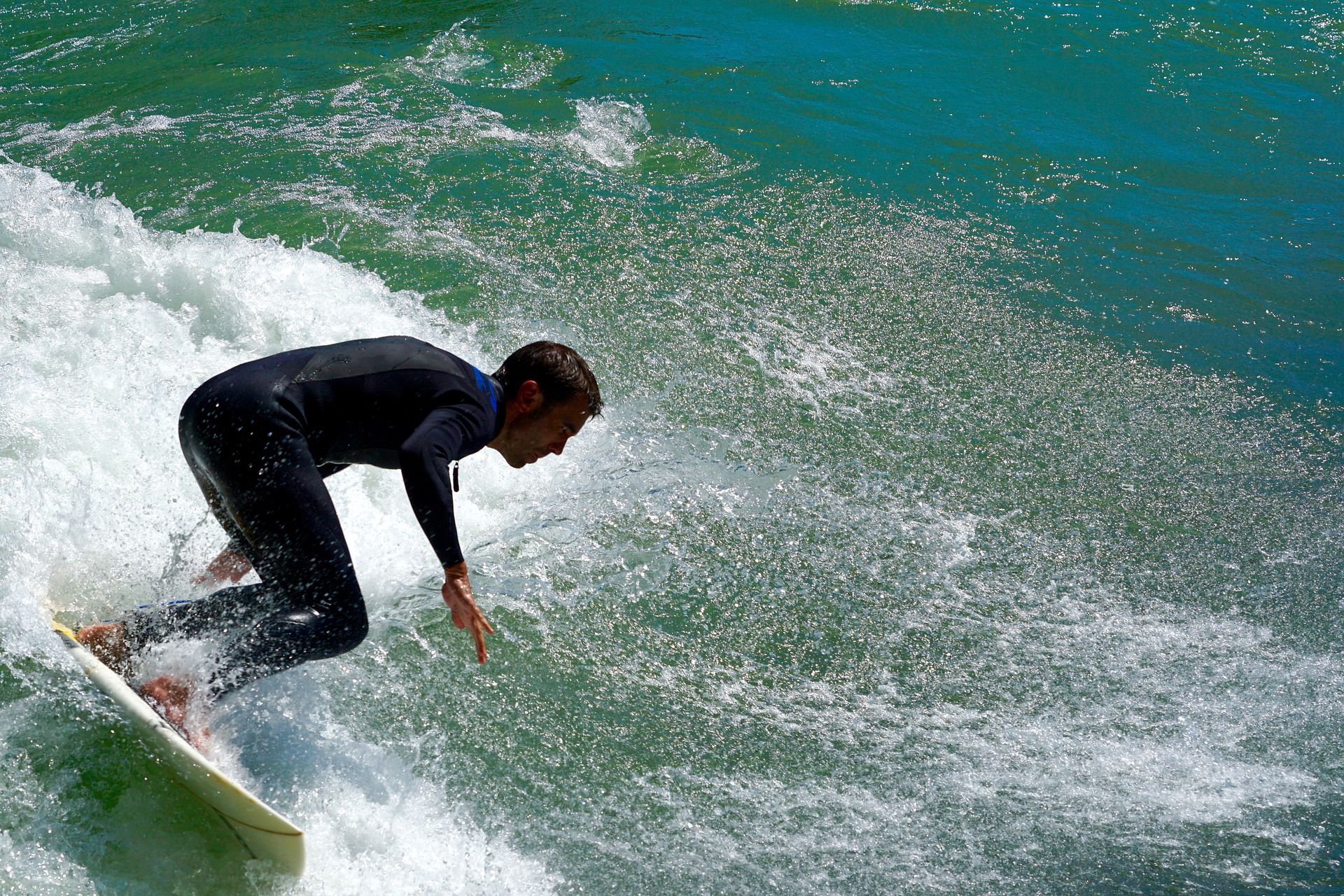
You may already be a boating enthusiast but that does not mean you’re not still looking for even more reasons to hit the water this summer. Trust us – you’re not alone. There’s just nothing like enjoying time on the beach, in the open ocean or even your local lake or pond. That being said, we’ve compiled a quick list of water sports that you may want to give a try this summer. Though we’d recommend you get in some serious training before going all in on some of the more intense (read: dangerous) activities, just like boating, you may uncover a new passion after picking up one of these wonderful water sports.
Take a Dip: Water Sports to Experience This Summer
- Surfin’ USA: An obvious but classic choice, surfing is beloved around the world as not only a fun recreational activity but a fantastic way to stay in shape and enjoy the great outdoors. Though the quality of our swells isn’t quite up to standards seen in Hawaii or Australia, Cocoa Beach and Sebastian Inlet are well-regarded surfing spots. Classes are easy to find, so we recommend you start there and see if you can eventually hang ten like a pro.
- Doggy Paddle: Also an uber-popular way to stay fit on the water, paddle boarding is great fun for those looking for something a bit calmer than surfing or jet skiing. For the unfamiliar, paddle boarding involves standing atop a board that looks a lot like a surfboard and propelling yourself with a paddle, as you would in a canoe. This is an especially great way to travel down the many lakes and inlets that cover The Sunshine State.
- Nose Dive: Though it takes training and certification, scuba diving is a way to experience the ocean as you never have — below its crashing waves. Getting a fish’s eye view of the various reefs, blue waters and beautiful wildlife is well-worth the time and cost of getting your scuba certification.
- Wake Up: A water sport that you can do in tandem with your boating adventures is wakeboarding. Tethered to the back of a motor boat, the wake boarder is pulled, getting to ride the wake like a never-ending wave. This water sport is extremely popular in Florida, with many training centers scattered throughout.
- Take a Jet: As we mentioned in a previous blog, jet skis can be great fun. Available for rent across the state, give them a try to see if you’d be interested in buying one of your own.
Summer is a great time to be outside and in the water, especially with Florida’s infamous heat. Whether it’s taking a cruise on your boat with your best buds, getting your scuba certification, having a calming paddle boarding excursion or surfing like a pro, we encourage you to get off of the couch and into the water. Be safe, but don’t be afraid to try something new.
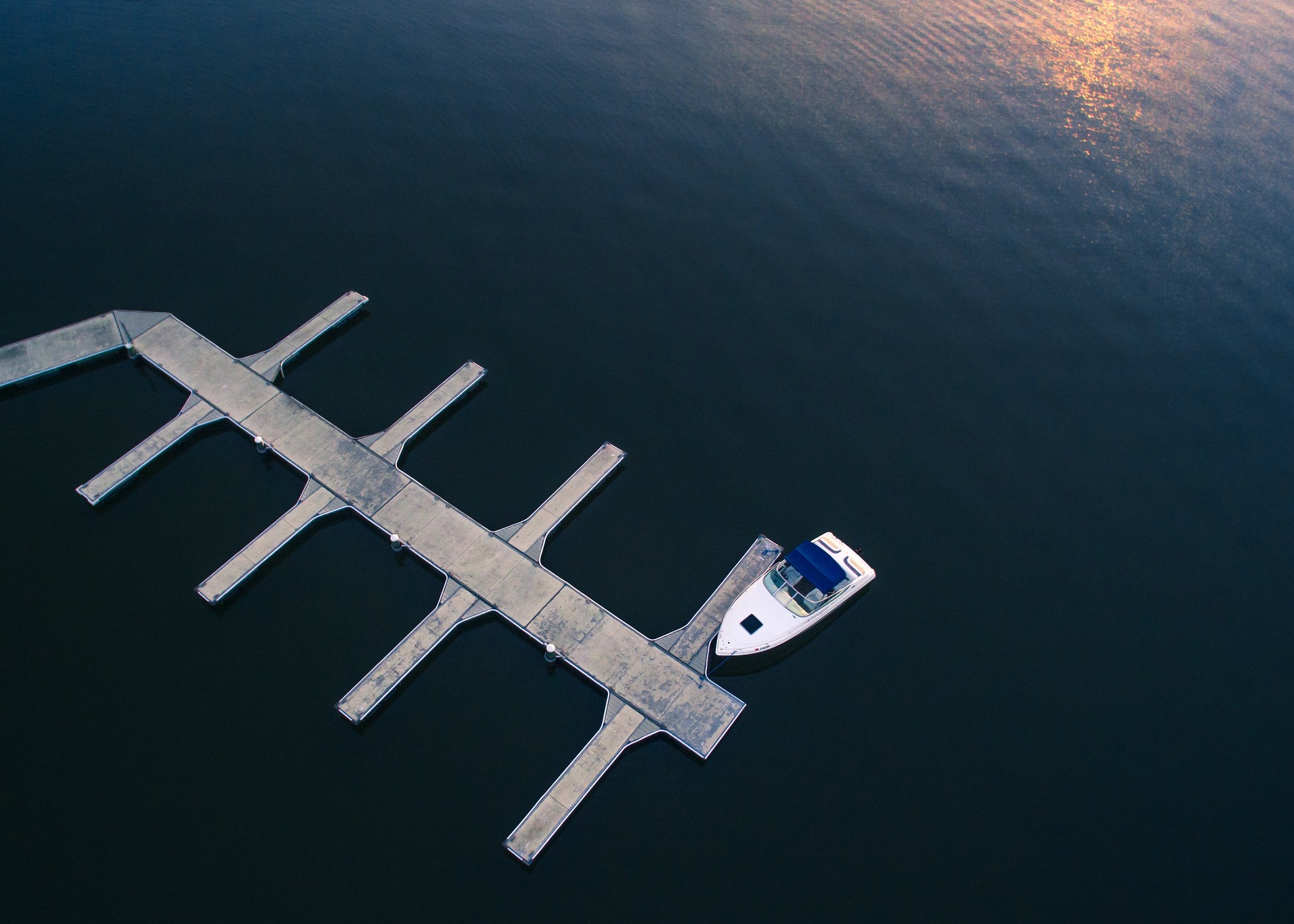
You pack up your bags and set off early for a day of fishing with your best buds. After a drive to the dock, it feels great to be by the sea again, salted breeze blowing through your hair, sun lightly kissing your fa– wait a minute. Where did the boat go? It was docked right there just a few months ago. You peer down into the spot that you could have sworn was the last placed you parked “Marla’s Majesty,” only to see her resting on the seabed.
Well, the good news is that this horror story doesn’t have to become your reality. Though this very tragedy is anything but rare, there are steps that you can take to keep your boat afloat when you’re not regularly hitting the water.
How to Keep Your Boat Afloat
Fittings are a major culprit in many a sinking boat case. Leaky underwater fittings, air conditioning fittings and other above-water fittings can be big trouble for your boat. Check them thoroughly before leaving your boat docked.
Beware of rainwater (or melted snow). Water that is not properly draining from your vessel can easily (and dangerously) weigh down your boat. This is also a danger when out on the water, as you may overload a boat that is already being weighed down with undrained water (leading to you and your friends taking an unexpected swim).
Use a boat lift. Though not a substitute for maintenance and regular inspections, a boat lift can help keep your boat from getting stuck under or damaged on the docks — a common cause of boat sinking incidents.
It is especially important to give your boat a visit after heavy rains and big storms, as winds can damage improperly secured vessels and, as mentioned above, rainwater can add significant weight that may sink your boat if it is not draining correctly. With a little attention, you can spot dangers that would otherwise sink your hopes of a good time on the water this summer.
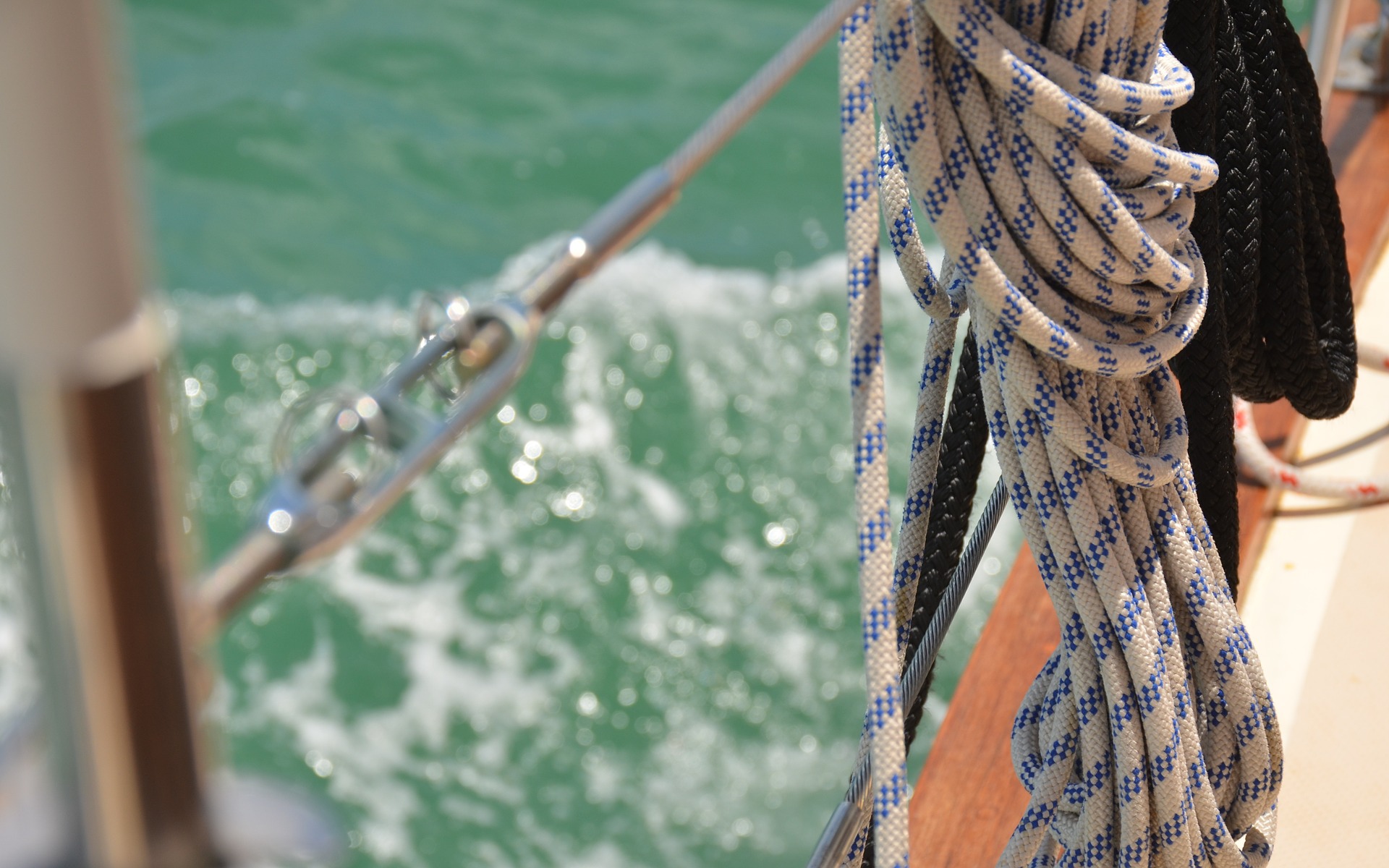
From experts to people just dipping their toes into the shallow end of boating, we receive dozens of boat and boat lift questions every week. It’s part of what makes this job so much fun for us — answering those lingering questions and standing as an expert in this hobby and way of life for so many across this state, country and the world as a whole. There is nothing like sharing our knowledge and love for boating with everyone interested in learning more.
Since we get asked so often, what better way to spread our knowledge than sharing our most common boat lift questions with all of you fine blog readers?
Five Frequently Asked Boat Lift Questions
- How much can a Hi-Tide boat lift really hold?
Our boat lifts hold every single pound of their rated capacity. We highly advise against attempting to exceed this capacity, as it is not only dangerous to your vessel and lift, but also your own safety.
- What makes Hi-Tide better than the other boat lifts out there?
We pride ourselves on the custom nature of our lifts. We utilize and incorporate patented, specifically designed gear boxes, custom-designed electric motors and in-house built electronic controls. All this, on top of our five-day-a-week service department, make Hi-Tide an easy choice for your boat lift needs.
- How much is a standard boat lift?
This boat lift question is a bit tricky as there are a few variables to consider, including its rated capacity and added features. Find more on where you can find information on specific boat lifts by utilizing our lift finder page.
- What’s the difference in boat lift models?
Much like the boats themselves, boat lifts can vary greatly. The aesthetics, operating speed, top rail systems vs. no to rails, four motor vs two motor vs single motor, galvanized vs aluminum and many, many other options can all come into play. The options are a good thing, however, as they can lead you to find the lift that’s the right fit for your exact needs.
- Why can’t I buy a boat lift direct from Hi-Tide?
Though we’d love to be able to ship a boat lift right to your doorstep, the fact of the matter is, the installation of a boat lift is critical to its performance and safety. We can’t risk anyone utilizing an unauthorized lift installer and then getting injured or damaging their boat. Instead, we work with a network of some of the best certified and factory-trained installers in the country.
We hope that helps answer some of your boat lift questions, but know that our experts are always available to help guide you through the waters of boat lift ownership. Boating is a passion, and one that you just may grow to admire as much as we do. As always, get out on the water and enjoy fun times in the great outdoors with the ones you love. Hi-Tide will be there to give you a lift when you need it.

Spring–the season of warming weather, the cleaning out of closets and, as it turns out, creating a commissioning checklist to get your vessel ready for heavy usage come summertime. Back in December, we also recommended you get a checklist together, but it’s already about that time to give your boat a bit more TLC than you ordinarily would throughout the year. With some help from Discover Boating’s extensive list of items to add to your commissioning checklist, we will highlight some of the most important to-dos before summer is in full swing.
A Commissioning Checklist Worth Checking
- Hull Assessment: Inspect your vessel’s hulls from front to back and top to bottom. Look out for noticeable damage, blisters in paint and stress cracks, all of which should be addressed before your next trip to avoid more costly fixes down the road.
- Corrosion Check: As we’ve discussed before, corrosion can be a major problem if you do not properly protect your vessel from it. Inspect your vessel, especially your engine and cables, for signs of corrosion and replace parts as necessary.
- Leaks Inspection: Check your lines and hoses for leaks, especially your fuel lines, tank and filter. Lines should be free from cracks or stiffness that could soon lead to damage.
- Safety Update: Thoroughly inspect all safety equipment, including personal flotation devices, fire extinguishers and flares. If any of these items are damaged or out of date, replace them immediately as you never know when you’ll need them next.
- Paperwork Review: Check that your boating license, registration and insurance policy are all accurate and up to date before you hit the water.
If you’re still unsure what needs to be on your specific commissioning checklist, we’d recommend asking a fellow boating friend for a bit of advice in the matter. Though each boat’s specific needs and points of concern will vary, a friend may be able to point you in the right direction as far as finding that one last list item that you completely forgot to add. Though Floridians are fortunate enough to have summer-like weather all year long, there’s just something in the air during our summer months that begs us to spend our days cruising, fishing or simply relaxing on the water. Avoid a boat-load of stress by ensuring that your vessel is up to snuff before you plan your summer boat trip.
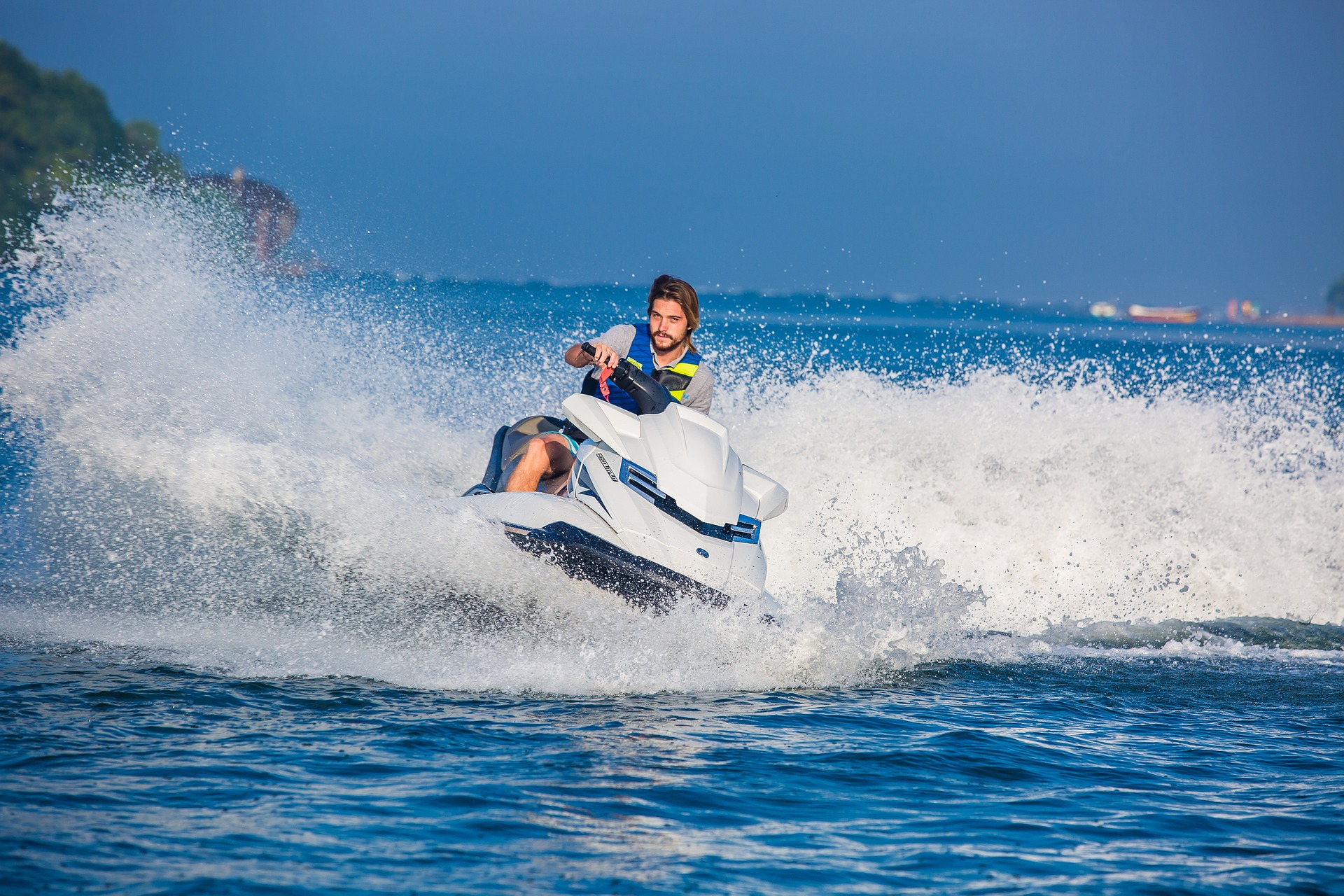
Maybe you already own a boat or perhaps you’re a brand new dabbler in the watercraft scene. Either way, you may be looking for a bit of guidance before buying a jet ski, since they and other personal watercraft (PWC) come with their own set of unique considerations to take into account. These vessels may seem a bit intimidating and can cause a bit of apprehension before diving into the specifics of ownership. Taking that into consideration, we’ve all marveled at jet skis zipping across the open water; why not explore what it takes to get in on the fun yourself?
Tips to Consider Before Buying a Jet Ski
- Do Your Homework: Like any other purchase, you should always do some research before buying a jet ski or other PWC. Though not as pricey as full vessels, there is little worse than investing in a PWC that goes unused or underused. Consider speaking to dealers, consulting with friends that own PWCs and even renting a jet ski for an afternoon to see if you like how they perform on the water.
- Utility: How many people do you plan on cruising with? Similar to motorcycles, seating is often limited on jet skis and PWCs; some can handle having up to three people, including the operator, on board.
- Don’t Forget Safety: When buying a jet ski or PWC, many forget to consider safety equipment and boating regulations. For instance, jet ski operators must have an engine cutoff switch lanyard attached to their person, as well as wear an approved personal floatation device.
- Need a Lift?: Though you may think finding a boat lift for such a small vessel as a PWC or jet ski would be a time consuming and difficult task, you’d be wrong. We offer a variety of options that are custom made for PWCs. Built with the same strength and durability as our big boy boat lifts, getting a lift you can trust shouldn’t even be a concern after buying a jet ski.
Taking a look at the numbers, PWC accidents and fatalities were lower in 2014 than they were in years past. Even so, we always recommend you always enjoy the water with safety in mind. After doing a bit of research, considering what your needs are, remembering the necessary steps to safety and finding the right lift for your prospective vessel, you may just be ready to enjoy a jet ski adventure or PWC excursion this summer.






